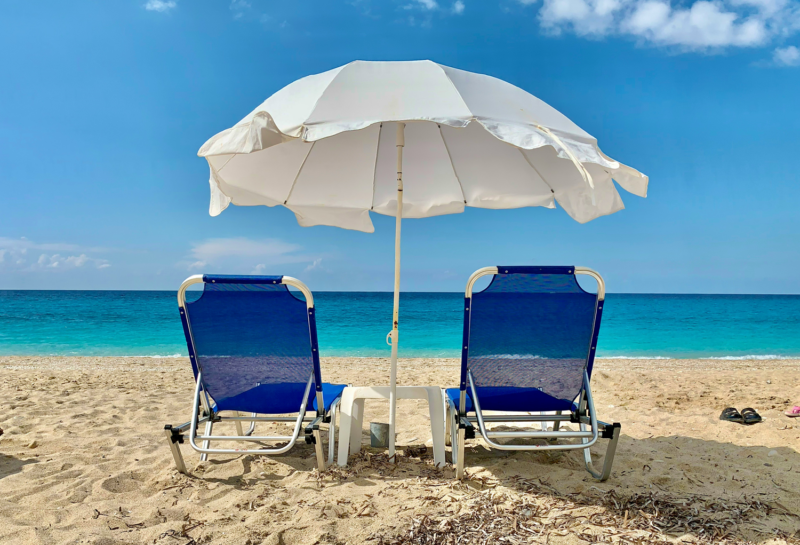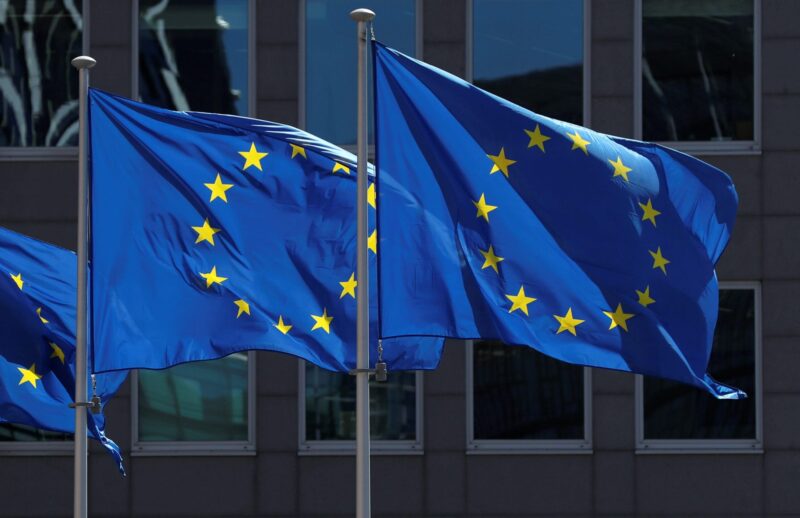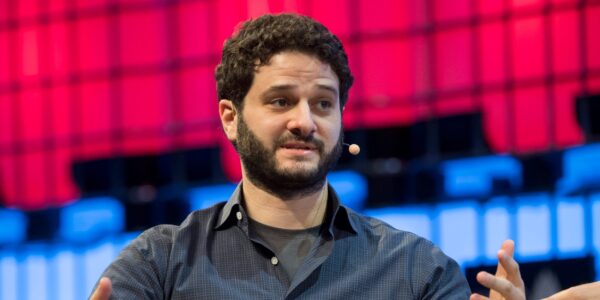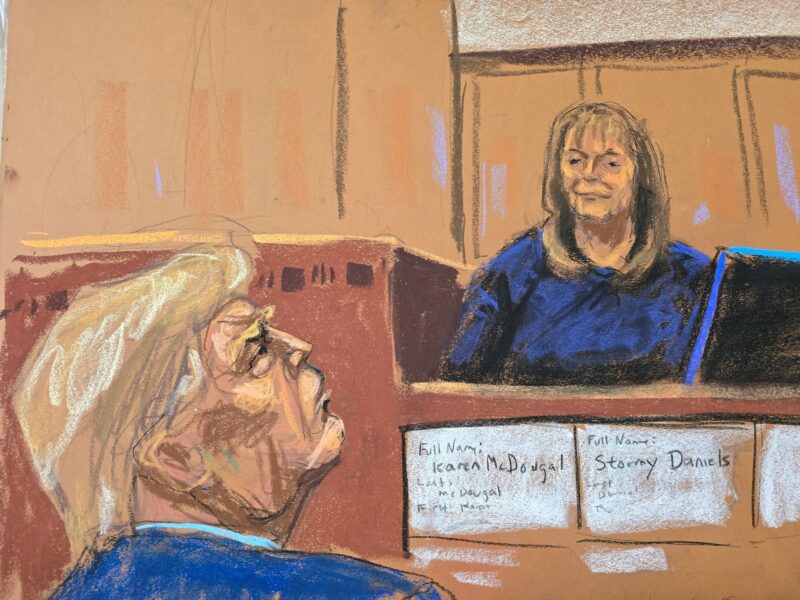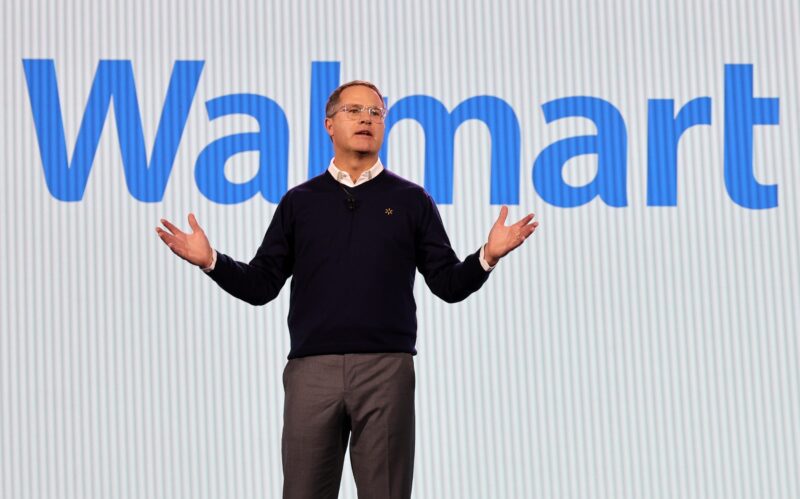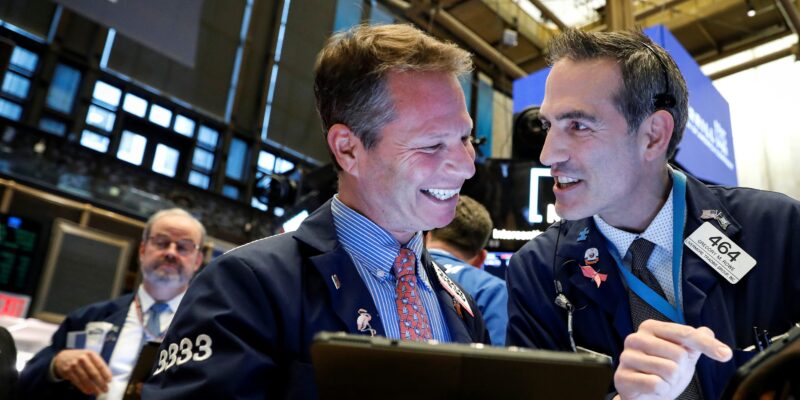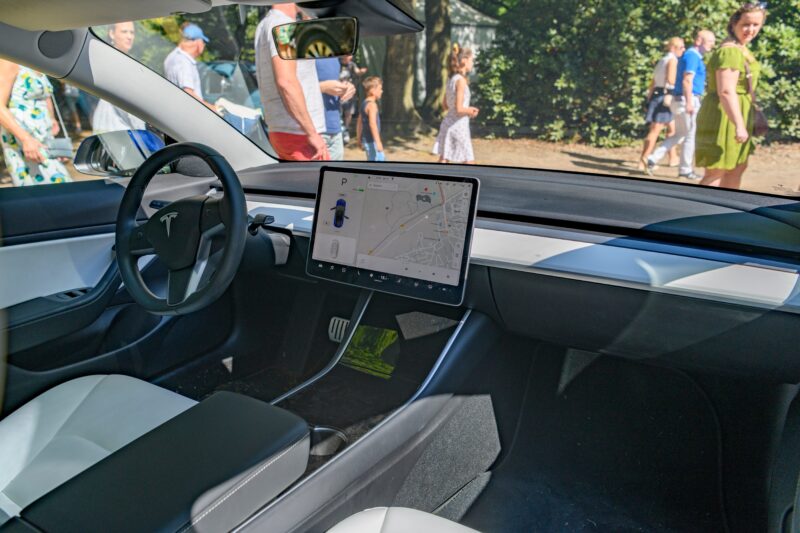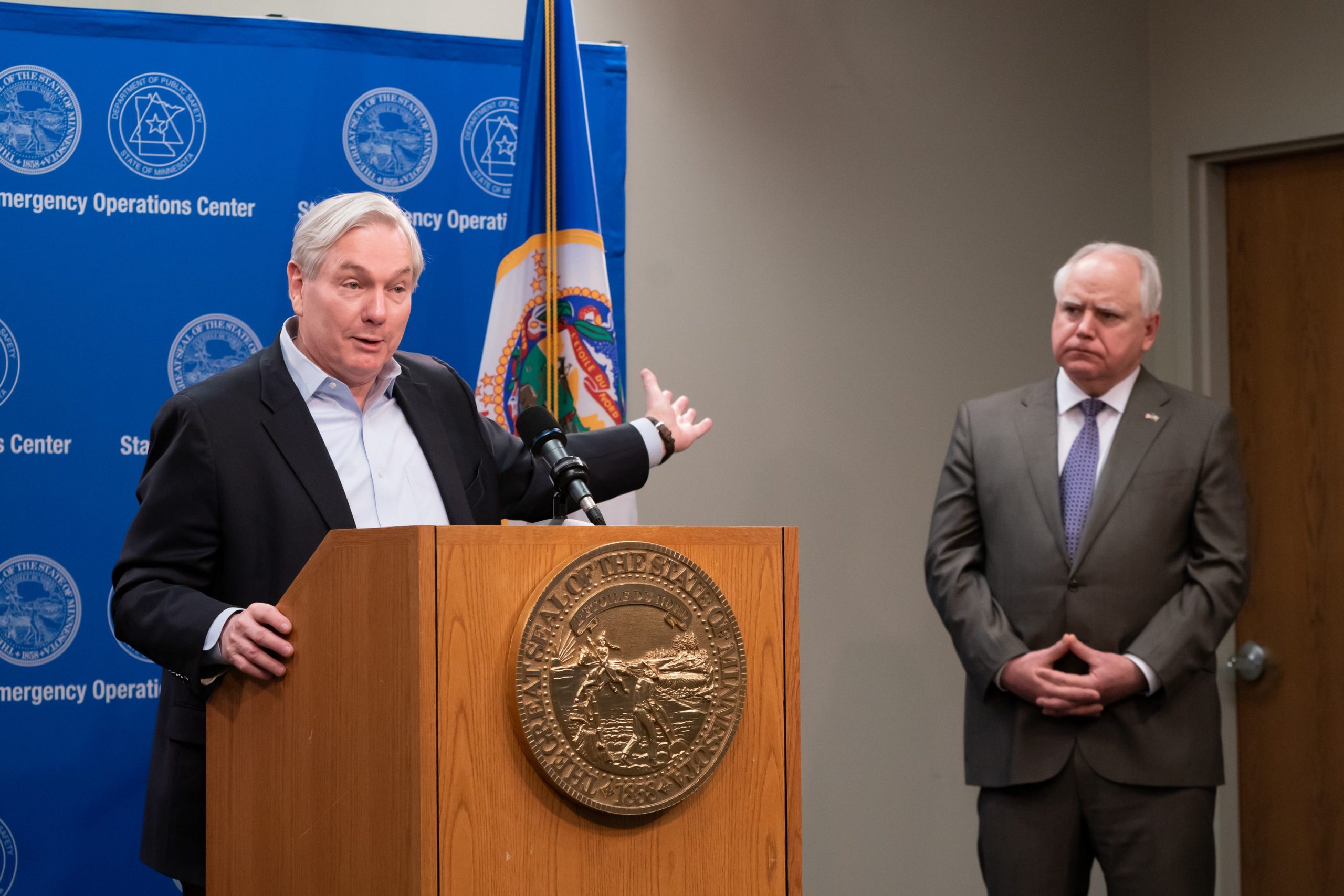
Glen Stubbe/Star Tribune via Getty Images
- Michael Osterholm, a former Biden COVID-19 advisor, said the US should prioritize first vaccine doses, delaying second doses if needed.
- The US needs to dish out as many first doses as it can to over-65s to “reduce the serious illnesses and deaths that are going to occur in the weeks ahead,” Osterholm said.
- Evidence shows that getting one dose of a two-dose vaccine gives you protection against the coronavirus, albeit not full protection.
- Visit Business Insider’s homepage for more stories.
Michael Osterholm, an epidemiologist who advised President Joe Biden’s transition team on the COVID-19 pandemic, said Sunday the US should administer as many first vaccine doses as possible, delaying second doses, ahead of a surge in cases.
“The hurricane is coming. Because of this surge, we have to call an audible,” Osterholm said on NBC’s “Meet the Press.”
“We still want to get two doses in everyone, but I think right now, in advance of the surge, we need to get as many one doses and as many people over 65 as we possibly can to reduce the serious illnesses and deaths that are going to occur in the weeks ahead,” he said.
Giving people a first shot provides protection against the coronavirus, albeit not full protection, research suggests.
Pfizer and BioNTech tested their vaccines with two doses 21 days apart – for Moderna, which made the other vaccine authorized in the US, it was 28 days. The CDC updated its guidance in January, recommending that the second dose should be administered as close to the recommended interval as possible. But if it is “not feasible to adhere to,” the second dose of the Pfizer-BioNTech and Moderna COVID-19 vaccines may be scheduled up to 6 weeks (42 days) after the first dose, it said.
The UK has decided to delay second doses by as much as 12 weeks, aiming to get first vaccine doses to everyone in the top four priority groups by February 15.
Fauci warned against delaying second shots
Some experts have warned against delaying second shots: Dr. Anthony Fauci, for example, has said he's worried the delay might cause coronavirus variants to spread faster.
Since taking office, Biden has released the entire coronavirus vaccine supply to get as many doses in people's arms as soon as possible, rather than holding doses back to guarantee people get a second shot. This approach does not go as far as Osterholm's suggestion, however.
"The good news is that I actually see action being taken with the new administration unlike we've seen before," Osterholm said, adding that the government is trying to get a surveillance system in place as quickly as possible.
"Frankly, we need the Congress to pass the President's relief act because that will help us also do more of that kind of work," he said.
At the moment, the US is administering around 800,000 vaccine doses every day on average and 31.8 million shots have been given, according to Bloomberg COVID-19 tracker and data from the Centers for Disease Control and Prevention.
In the UK, a record 598,389 first doses were given across the country on Saturday, per the BBC, and nearly nine million Brits have had their first dose of the shot.
So far, the only one-shot vaccine that looks promising is Johnson & Johnson's, which was 72% effective at curbing symptomatic COVID-19 infections in the US, the company said Friday. It's also cheaper, easier to manufacture and store, and quicker to administer than Pfizer and Moderna's vaccines.
The coronavirus variant first found in the UK, which is between 56% and 70% more contagious than its viral predecessors, is now present in 70 countries and US officials have spotted 467 cases in 28 states, including New York, Florida, and California. Osterholm believes this variant will become the dominant strain in America.
The variant found in the UK isn't the only one circulating in the country. The US's third case of the more contagious coronavirus variant found in South Africa was confirmed on Sunday in Maryland. The man infected with the virus had not traveled abroad and likely caught the variant in the community, Maryland's state governor said.
There is also one known case of the variant found in Brazil (first identified in Japan), in Minnesota in the US.
So far, coronavirus has infected 26.2 million Americans and killed over 441,000, according to the New York Times coronavirus tracker.
